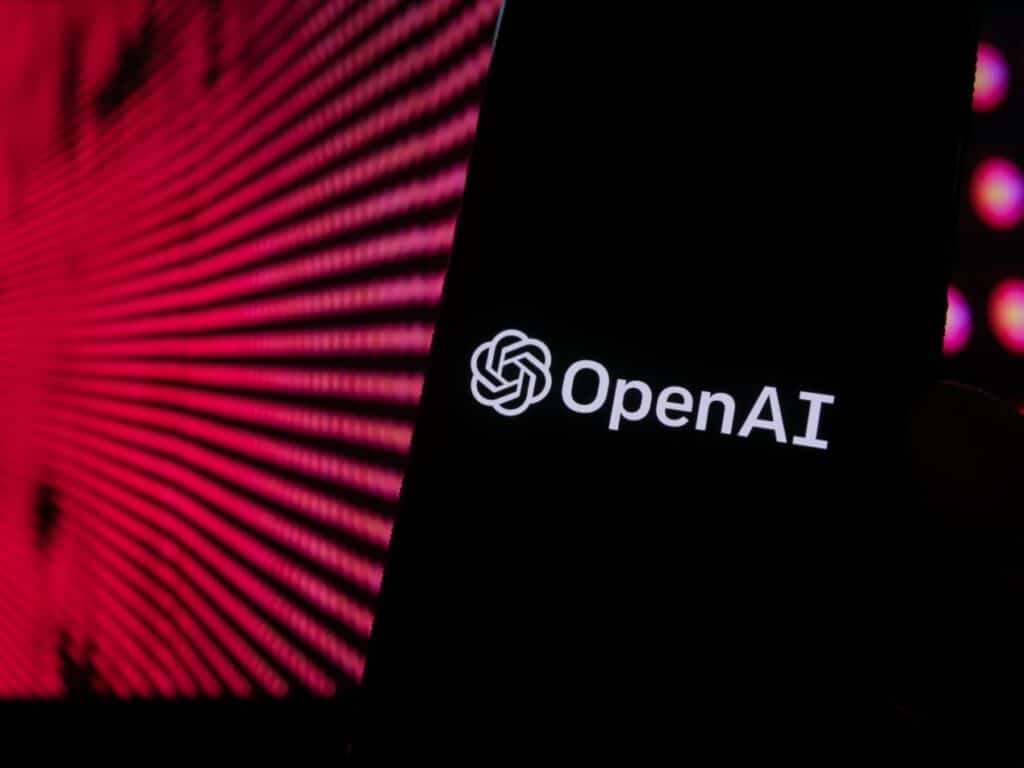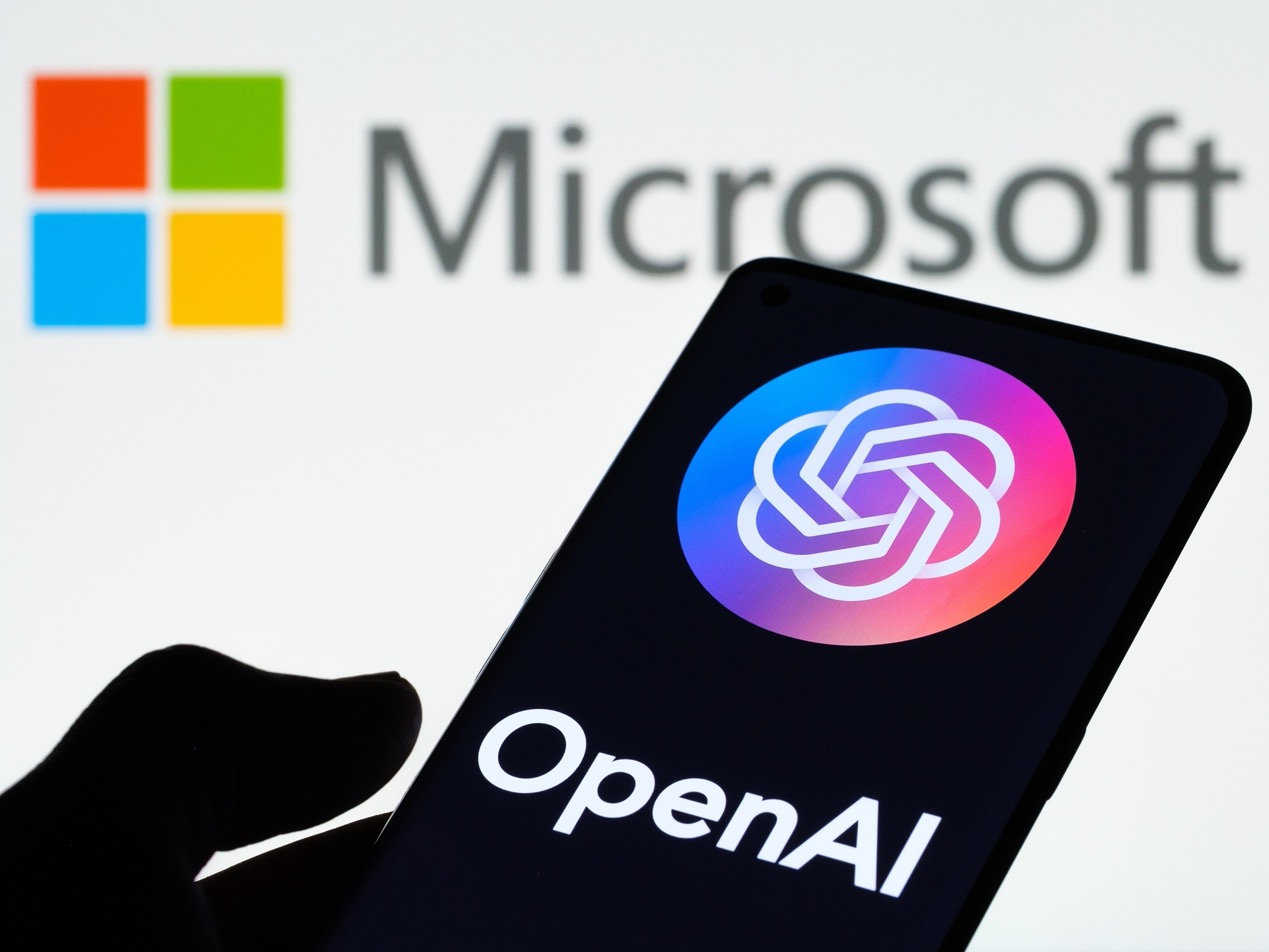
OpenAI, the creator of the artificial intelligence (AI) language model ChatGPT, is changing how businesses operate, including healthcare organizations.
OpenAI is an artificial intelligence research laboratory consisting of researchers and engineers focused on creating advanced AI technologies. It conducts research across various domains of AI, including natural language processing, computer vision, reinforcement learning, and robotics.
Is OpenAI HIPAA compliant? Yes, based on our research, OpenAI can be HIPAA compliant.
Will OpenAI sign a business associate agreement (BAA)?
Yes, OpenAI will sign a business associate agreement, which can be reviewed here.
Related: When should you ask for a business associate agreement?
What does the OpenAI BAA cover?
The OpenAI BAA covers the processing of protected health information (PHI), stating, "Our API platform can be a great fit for any covered entity or business associate looking to process protected health information, and we’d be happy to assist you in fulfilling your HIPAA compliance. To use our API platform, you’ll first need a BAA with OpenAI."
See also: Understanding APIs
Conclusion
OpenAI signs a BAA and is therefore HIPAA compliant.
Learn more: HIPAA Compliant Email: The Definitive Guide
FAQS
What is a business associate agreement?
A business associate agreement (BAA) is a legally binding contract establishing a relationship between a covered entity under the Health Insurance Portability and Accountability Act (HIPAA) and its business associates. The purpose of this agreement is to ensure the proper protection of personal health information (PHI) as required by HIPAA regulations.
What is HIPAA?
The Health Insurance Portability and Accountability Act (HIPAA) sets national standards for protecting the privacy and security of certain health information, known as protected health information (PHI).
HIPAA is designed to protect the privacy and security of individuals’ health information and to ensure that healthcare providers and insurers can securely exchange electronic health information. Violations of HIPAA can result in significant fines and penalties for covered entities.
Read more: Understanding and implementing HIPAA rules
Who does HIPAA apply to?
HIPAA applies to covered entities, which include healthcare providers, health plans, and healthcare clearinghouses. It also applies to business associates of these covered entities. These are entities that perform certain functions or activities on behalf of the covered entity.
Subscribe to Paubox Weekly
Every Friday we'll bring you the most important news from Paubox. Our aim is to make you smarter, faster.




